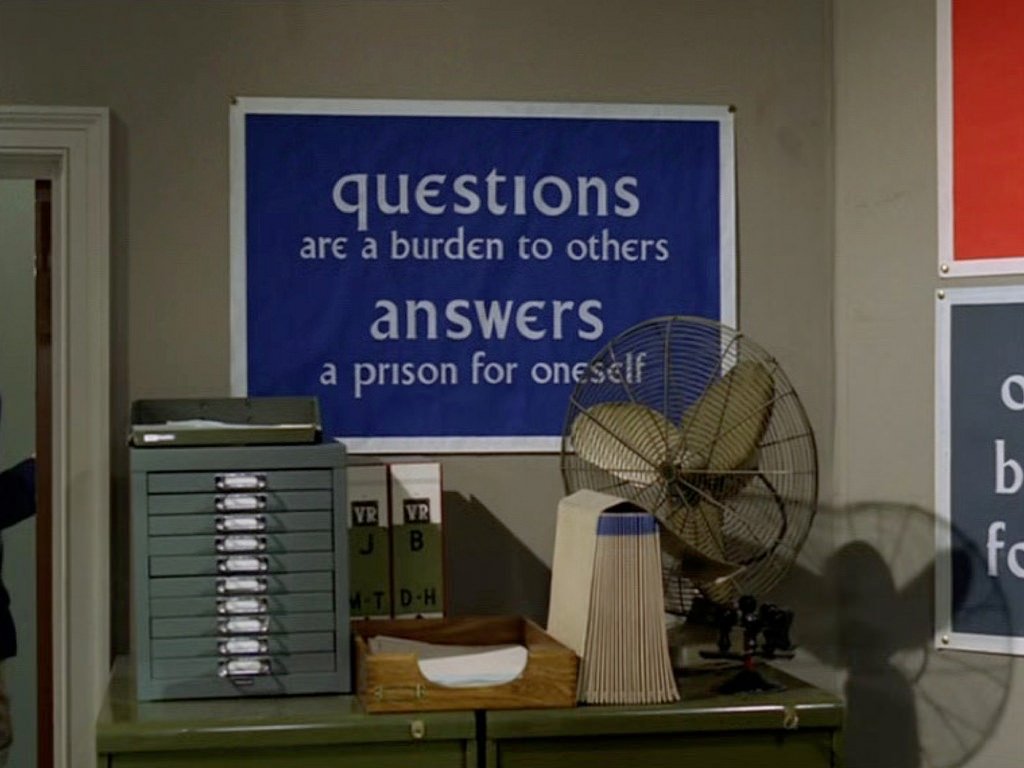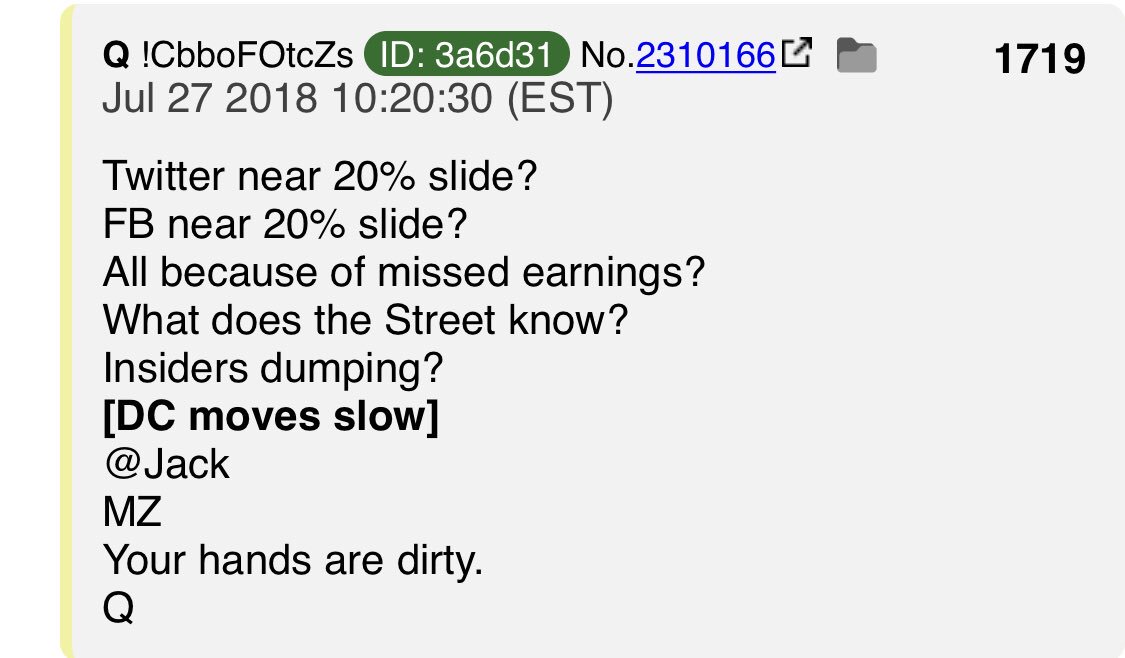I have thoughts about this, because I've seen the receipts.
Hold me, I'm going in...
N.B. This is print book data. It doesn't include ebook or audiobook sales. So bear that in mind.
Not entirely true.
2017: 2249 titles
2018: 2250 titles
A consistent output - but a 21.5% drop in sales - isn't a sign of over-supply.
It's a sign people aren't excited by the books.
Only 3 of the Top Ten YA titles in 2018 were published in 2018. And one of those 2018 titles was a film tie-in republication of Love @simonblackwell

I expected 2018's woes to be because of a lack of film & TV tie-ins that year.
I was wrong.
7 out of 10 of the Top 10 YA titles in 2018 were either adapted for film & TV or a branded Disney title.
It feels ironic that the trend towards publishing books that more accurately reflect the experience of YA readers may have turned them off...
But that seems to be what's happened.
YA stopped delivering huge crossover hits when it pulled back from Hunger Games' style big picture dystopias.
Was that because readers stopped wanting them, or because publishers got bored of publishing them?
Remember when we thought YouTubers would get a generation reading? We were on glue, sorry.
YA bestsellers stick around a LONG time. Everything Everything has been in the Top 10 for 3 yrs.
Zoella's came & went in a year. The definition of fad.
The trouble with focusing on your core audience (which is what YA has done) is that core market strategies...
DO NOT DELIVER GROWTH
YA can grow again, but to do so it needs to appeal to casual readers, reluctant readers & adults. Not just to bookish teens.













